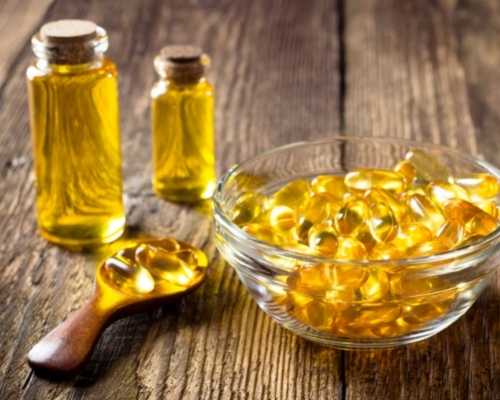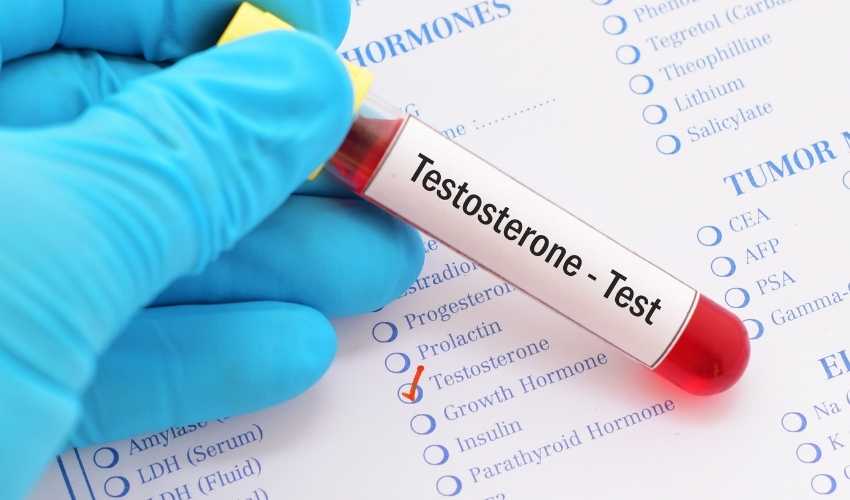Testosterone is a sex hormone that plays various critical roles in the body. The hormone is responsible for maintaining healthy sexual functions and gaining lean muscle mass. Testosterone deficiency has also been linked to conditions such as reduced bone mass, mood issues, and anemia.
But for all its benefits, high testosterone levels can also be problematic. That’s especially true among women. Testosterone is generally recognized as a male sex hormone. That’s because it drives most of the functions related to males’ sexual health. For example, it’s essential for growing erections and building lean muscle mass.
Therefore, while high testosterone levels may not be a major cause for concern among men who may even take extra testosterone boosters, it could be a major issue among women. The condition is especially common among women with polycystic ovary syndrome (PCOS). These androgens can result in issues such as:
- Hair loss
- Irregular menstrual cycles. Some women may even miss their periods altogether.
- Skin-related issues like acne, boils, and oily skin
- Excessive or irregular body hair growth
- Mood swings
- Increased muscle mass. This can make affected women appear more masculine.
- Enlarged clitoris
- Deepening of the voice
To permanently fix the issue, you have to identify the primary source of elevated testosterone levels. Still, several natural solutions can help you lower high testosterone levels to reduce or eliminate the effects highlighted above. Below are some of those solutions.
1. Balance blood sugar
There is a strong connection between blood sugar levels and testosterone levels. Optimal or balanced blood sugar levels help in maintaining a healthy hormonal balance. However, as the blood sugar levels increase, your body may develop insulin resistance. This results in high blood sugar levels in the body. It also causes insulin levels to increase. High insulin levels can then signal the ovaries to produce more testosterone, resulting in elevated testosterone levels.
Therefore, one effective way to lower your testosterone levels is by maintaining healthy and balanced blood sugar levels. You can achieve that by watching your diet closely. You could start by cutting back on refined carbs and processed sugars, for example. You can add low-glycemic fruits, vegetables, and healthy proteins and fats to your diet.
2. Fish oil (omega-3)
Omega-3 fatty acids can help lower testosterone levels in two ways. First, these fatty acids can increase insulin sensitivity. In doing so, they effectively reduce the risk of increased testosterone secretion caused by insulin resistance, as discussed earlier.

Omega-3 fatty acids may also have a direct impact on testosterone levels, according to a study conducted on women with PCOS. In this study, 78 women were split into two groups. One group was given a remedy containing omega-3 at 3mg per day. The placebo group received a separate remedy that didn’t contain omega-3.
After eight weeks, the scientists noted a significant decrease in testosterone levels in the group that received omega-3. Not only that, but the women in that group had more regular menstrual periods than the placebo.
Based on these findings, omega-3 consumption can be beneficial, especially for women experiencing high testosterone levels due to PCOS.
Coldwater fish are an excellent source of omega-3. Some good examples include tuna, salmon, trout, and sardines. You can also get omega-3 from plant sources like chia seeds and walnuts. However, the omega-3 present in plant sources is not absorbed very efficiently by the body.
3. Nuts
Several studies have demonstrated the ability of certain types of nuts to reduce testosterone levels. In one of these studies, 31 women with polycystic ovary syndrome were given walnuts and almonds. In both cases, the women showed increased levels of sex hormone-binding globulin. However, the women who received almonds had a higher SHBG increase (16%) than those who tool walnuts (12.5%).
The increased SHBG levels helped lower free testosterone levels as the protein trapped more testosterone from the system.
Therefore, eating nuts rich in polyunsaturated fatty acids and monounsaturated fatty acids can be very helpful in lowering testosterone and its nasty side effects.
4. Flaxseed
Flaxseeds aid in the reduction of testosterone in various ways. For starters, it’s reported that flaxseeds are high in omega-3 fatty acids. As discussed earlier, omega-3 fatty acids reduce testosterone levels in women with polycystic ovary syndrome.
Flaxseeds are also rich in fibers, vitamins, minerals, and heart-healthy fats. They also contain lignans that are believed to have a similar to SHBG on testosterone. They can trap free testosterone, making it unavailable to the body. The lignan present in flaxseed doesn’t just trap testosterone, though. It also facilitates the excretion of testosterone.
Flaxseed might also be effective in lowering testosterone in men with prostate cancer. In one trial, 25 men with prostate cancer were given flaxseed and forced to reduce their fat intake. At the end of this study, the scientists observed a significant decrease in testosterone levels.
5. Red Reishi mushrooms
This Japanese mushroom has been linked to dozens of health benefits. Lowering testosterone levels is one of those benefits. In a study that compared 20 mushroom species, the Red Reishi mushroom was actually seen to be the most effective at reducing testosterone.
According to some reports, the red reishi mushroom can also lower 5-alpha-reductase. The enzyme is known for converting testosterone into dihydrotestosterone (DHT), an extremely powerful androgen. By preventing this conversion, red reishi mushroom lowers the risk of experiencing DHT effects such as baldness, acne, irregular menstrual periods, and excessive body hair growth.
6. Green tea

According to this study, intake of caffeinated green tea and coffee resulted in an increase in sex hormone-binding globulin (SHBG) in women. SHBG is a protein that traps testosterone, making it unavailable for use. Therefore, although increasing SHBG may not lower total testosterone levels, it can help reduce the testosterone available for use by the body. That could be enough to reduce some of the effects of high testosterone levels.
Therefore, any food or remedy that increases sex hormone-binding globulin can be helpful in the reduction of high testosterone levels. Green tea is one such remedy.
Marjoram tea made using the marjoram herb is also believed to be effective at lowering total and free testosterone. It helps restore hormonal balance and regular menstrual cycles. It can also be effective for women suffering from PCOS.
7. Zinc
Zinc is an essential mineral in the body. It helps maintain critical functions like metabolism, immune system, healing, and so on. The mineral is also used in the female body to enhance ovarian function and maintain hormonal balance. Therefore, zinc may help you balance out testosterone levels and avoid its side effects.
Some good zinc sources include oysters, nuts, fish, poultry, legumes, seeds, lentils, chickpeas, cacao, avocado, and mushrooms. You can also acquire zinc through supplements.
8. Androgen blockers
The final technique to reduce testosterone is through androgen blockers. You can use herbal supplements or prescription drugs. These medications will reduce the effects of androgens such as testosterone. But, keep in mind that they do not treat the underlying condition causing elevated testosterone levels.
Some birth-control medications can also help lower testosterone levels in women. These medications can help you restore optimal hormonal balance for regular menstrual cycles.
It’s best to consult a licensed physician before taking medications to lower testosterone levels.
In Closing
High testosterone levels can significantly affect the quality of life of women. Issues like clitoral enlargement, irregular hair growth, increased acne, and voice deepening can also have psychological effects. Thankfully, you can reduce these and other side effects of testosterone naturally using the solutions discussed above. You can also consult a physician for prescription medications.
That said, you should know that these remedies won’t fix the primary cause of high testosterone levels. Therefore, consult a medical practitioner if you want a permanent solution.

